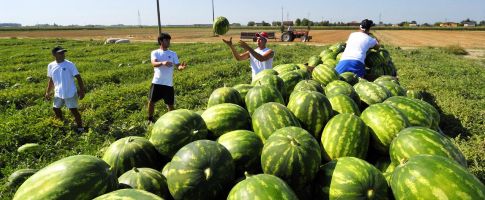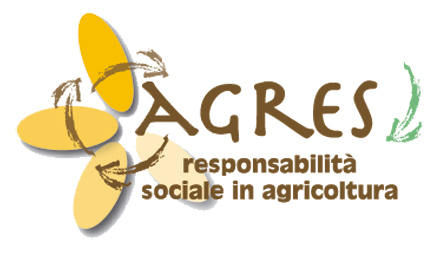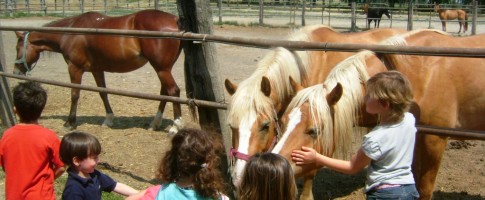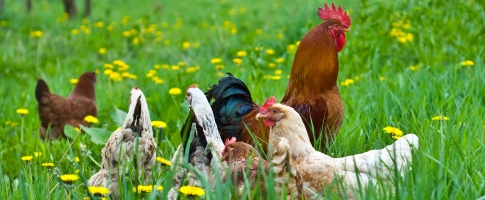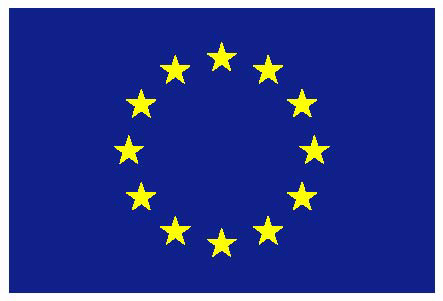PRODUCT AND CONSUMERS - A strategy on social responsibility encompasses at least one of the following aspects:
• quality, namely safety, health and responsiveness to certain characteristics of the adopted raw materials and production methods;
• territoriality, i.e. the product's capability to represent the value of its home territory, expressing its set of traditions, culture and know-how that makes it unique. It is a dimension enhanced by the increasing popularity of products with brand of origin (e.g. PDO, PGI, TSG, etc.);
• the transparency of information on the life cycle and the organoleptic composition of the foodstuff. Information is an essential added value affecting the specific qualities of the product, the manufacturing process and its environmental impact.

COMMUNITY - In the context of CSR, the idea of community entails three concepts:
• exclusivity - the territory is made of several material elements (e.g. population, area, GDP, orographic configuration, etc.) and intangible ones (e.g. language, culture and traditions, landscape, climate, etc.). These objects are strongly linked to each other in a spontaneous fashion, producing specific results difficult to replicate in the surrounding areas; thus, the community acquires features and traits that materialize in the typicality of products;
• complementarity - the significance of territory in a view of CSR regards the creation of networks among stakeholders, to be conceived as the creation and expansion of social capital among the various actors of the agricultural sector; the collective construction of a complementary network of relationships and interactions has a three-fold objective: an expanded welfare of the community passing through greater economic and environmental sustainability, the sharing of CSR best practices and experiences and the creation of a platform for debating further virtuous initiatives;
• subsidiarity - a community is competitive when it establishes a local network with public institutions, agricultural associations, companies, processors and consumers according to economic, environmental and social sustainability.

ENVIRONMENT - The primary sector is strictly related to the various components of the environment (e.g. air, water, biodiversity, climate and landscape) influencing the latter in terms of both positive and negative externalities, but also with voluntary practices. In this sense, farming may be potentially harmful in several ways, for example through the excessive use of fertilizers, pesticides, herbicides, poor management of water resources, overgrazing, misuse of heavy machinery, etc. Each of these actions, however, can become a strength where the farm operator decides to embark on a CSR path taking into account environmental sustainability, for instance through the adoption of cleaner production methods.

CO-WORKERS - For firms in the agri-food system already meeting the legal requirements in terms of human resources, social responsibility means also:
• fostering the growth of workers' skills, to be achieved through staff development and training (e.g. safety in the workplace, etc.);
• promoting a resource management policy that favors the processes of empowerment and motivation of the staff with business objectives (e.g. through evaluation systems, working groups, incentives linked to the result, transparency and frequency of information, etc.).
• a policy of equal opportunity, through the implementation of measures aimed at ensuring access to (and growth in) the labour market to potentially "at risk" categories, including women, the disabled and socially disadvantaged;
• integration of immigrant workers, which is a key issue for the entire rural world;
• promoting well-being at work, through the organization of recreational activities outside working hours, trips, etc.
